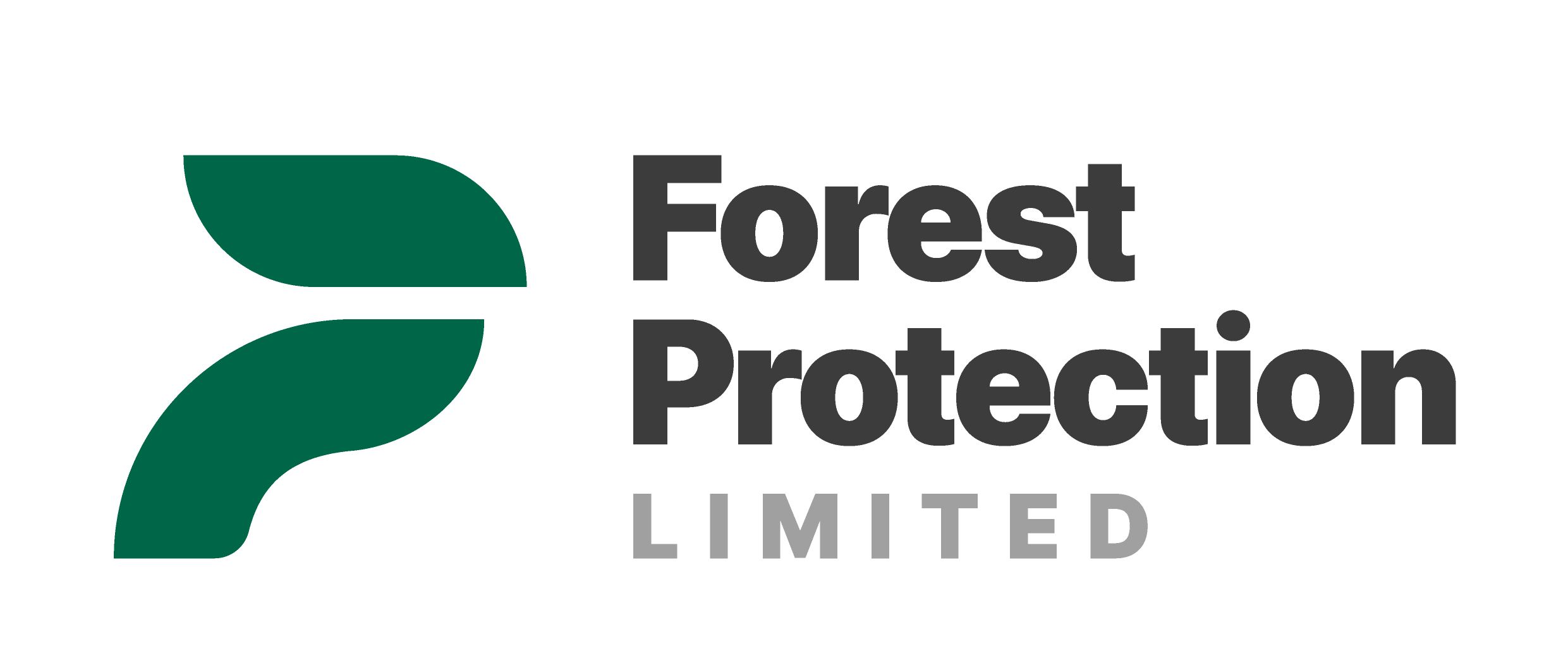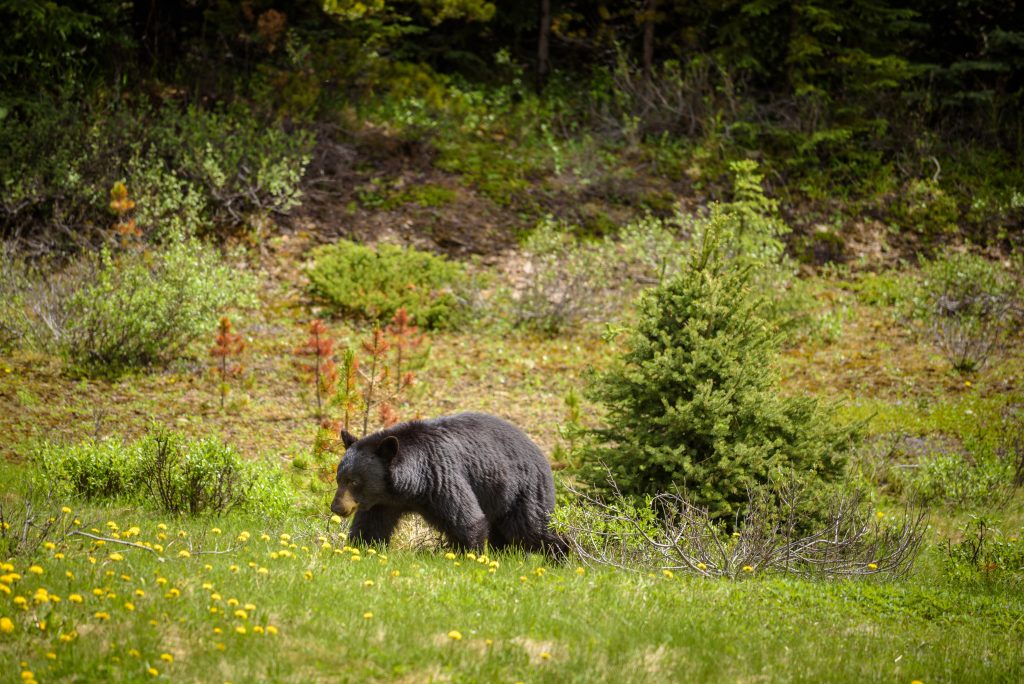At Forest Protection, our on-season operations are divided into two operations: air operations and ground operations. It is important that each of our teams follow all safety protocols when doing their jobs. Our ground operations teams spend a lot of time in the great outdoors, therefore it is very important that they learn the most common preventative measure to avoid encountering large wildlife, like moose and black bears. In early April, all ground operations employees are assigned mandatory training, bear awareness.
The course teaches three main ways to protect yourself when coming across a bear, or large animal:
MAKE LOTS OF NOISE
First and foremost: make lots of noise. Purposely make lots of noise to warn that you are there, before and while entering the woods, to prevent startling or provoking the animal. This could be in the form of honking a horn before entering the worksite, wearing bear bells or being overly loud with your metal sampling poles. Never approach the bear any closer than you are, do not take pictures, do not make sudden or abrupt movements, do not turn your back, and run, and do not climb trees.
USE DETERRENTS
The second way to protect yourself is using deterrents. Each of our field Team Leads is equipped with a can of bear spray. The proper way we train our staff to deploy bear spray in an ideal situation is that each can should contain six separate one-second intervals of application. If the bear keeps advancing after the first interval, you keep repeating until the bear loses interest or when the crew makes it to the truck.
COMMUNICATE
The third way to practice safety while working in the woods is communication. All our technicians are outfitted with a two-way satellite communication device. It also allows our staff to reach out, alert us of any danger and in the worst case, deploy an S.O.S feature that will immediately dispatch resources to their location. Bear awareness is one of the many courses our teams are assigned pre-season. By assigning pre-season training, our teams are equipped with the right skills to be safe on the job. Forest Protection values having a safe working culture, and bear awareness training is one of the many ways to mitigate workplace incidents or accidents.
To learn more about the safety courses our teams are assigned, tune into our “Forest Protection in the Field” series.

